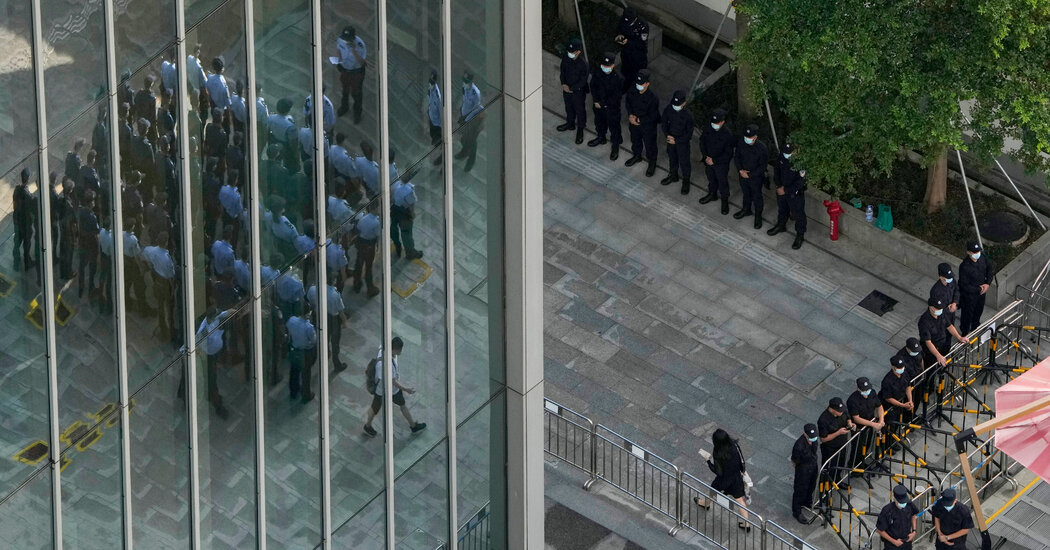
“The government can place them under watch and pressure them through their employers or relatives not to make trouble,” said Minxin Pei, a professor of government at Claremont McKenna College who is writing a study of China’s domestic security apparatus.
China has a lot riding on its ability to contain the fallout from an Evergrande collapse. After Xi Jinping, China’s most powerful leader in generations, began his second term in 2017, he identified reining in financial risk as one of the “great battles” for his administration. As he approaches a likely third term in power that would start next year, it could be politically damaging if his government were to mismanage Evergrande.
But China’s problem may be that it controls financial panics too well. Economists inside and outside the country argue that its safeguards have coddled Chinese investors, leaving them too willing to lend money to large companies with weak prospects for repaying it. Over the longer term, though, China’s bigger risk may be that it follows in the footsteps of Japan, which saw years of economic stagnation under the weight of huge debt and slow, unproductive companies.
By not forcefully signaling an Evergrande bailout, the Chinese government is essentially trying to force both investors and Chinese companies to stop channeling money to risky, heavily indebted companies. Yet that approach carries risks, especially if a disorderly collapse upsets China’s legions of home buyers or unnerves potential investors in the property market.
An abrupt default by Evergrande on a wide range of debts “would be a useful catalyst for market discipline, but could also sour both domestic and foreign investor sentiment,” said Eswar Prasad, an economics professor at Cornell University who is a former head of the China division at the International Monetary Fund.
Some global investors worry that Evergrande’s problems represent a “Lehman moment,” a reference to the 2008 collapse of the Lehman Brothers investment bank, which heralded the global financial crisis. Evergrande’s collapse, they warn, could expose other debt problems in China and hit foreign investors, who hold considerable amounts of Evergrande debt, and other property developers in the country.



